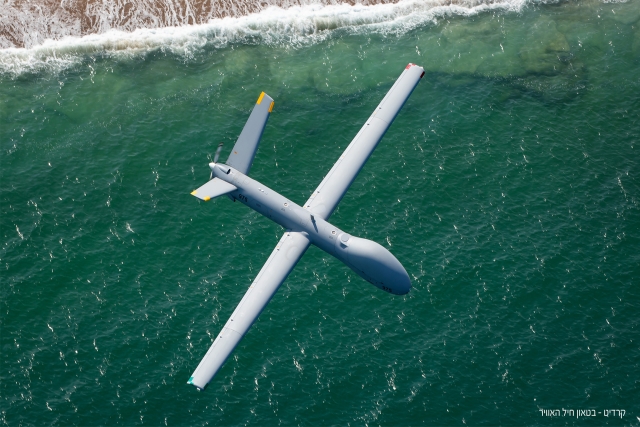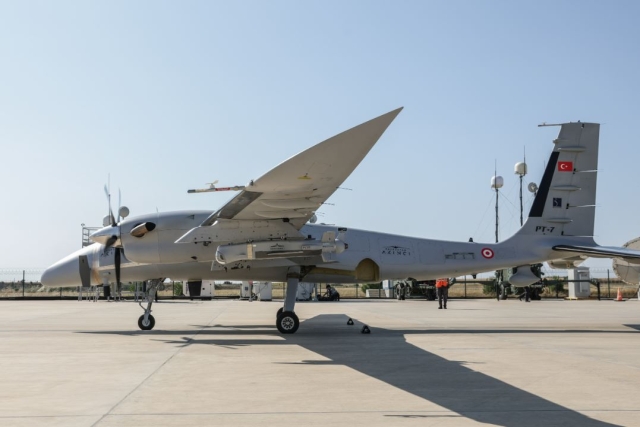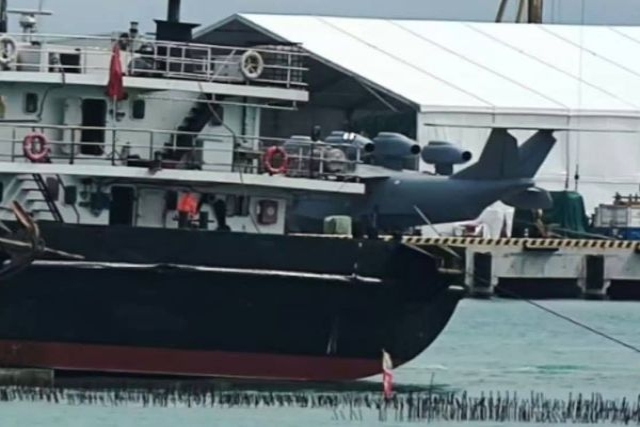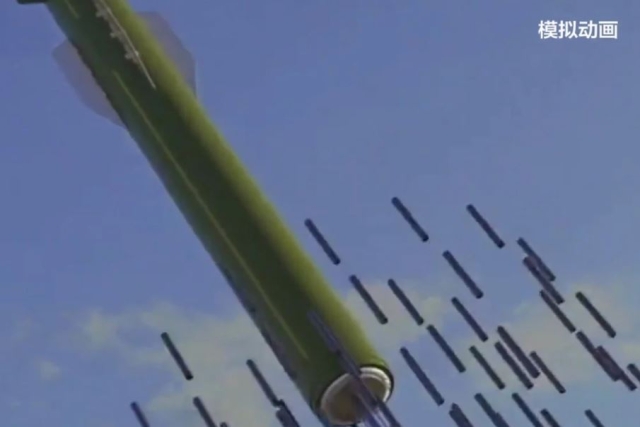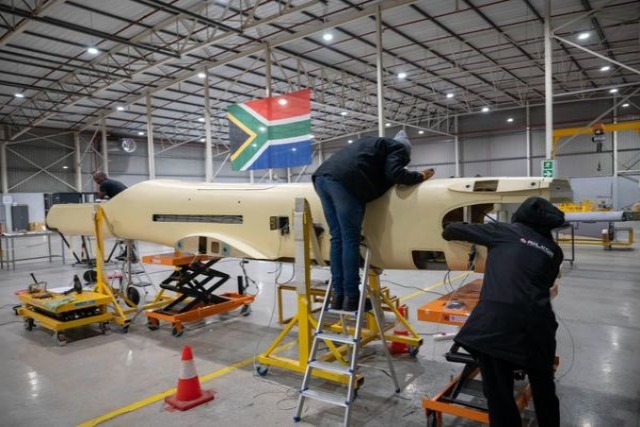Lockheed's Small UAV Provides Surveillance Data to BAE's Amphibious Uncrewed Drone
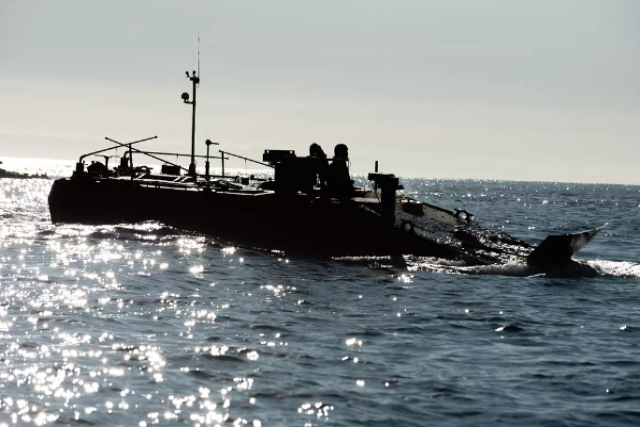
BAE Systems tests Lockheed-made small drones from ACV C4/ UAS
BAE Systems and Lockheed Martin Skunk Works tested Stalker and Indago small uncrewed aerial systems (UAS) on an Amphibious Combat Vehicle Command, Control, Communication and Computers/Uncrewed Aerial Systems (ACV C4/UAS) variant.
Both UAS will provide unprecedented, long-endurance reconnaissance capabilities to support the U.S. Marine Corps’ expeditionary warfare and battle management capabilities aboard the ACV C4/UAS.
BAE Systems tested Skunk Works’ Stalker and Indago UAS along with a number of other technology suppliers as part of contractor verification testing, a key event in the ACV C4/UAS program’s lifecycle. Now that contractor verification testing is complete, the Marine Corps will conduct its own series of tests to evaluate if the ACV C4/UAS is a capable and cost-effective Government Off The Shelf (GOTS) solution for the Advanced Reconnaissance Vehicle (ARV) program.
Skunk Works’ Stalker and Indago UAS provide industry-leading endurance, a broad operating envelope, and an open systems architecture to allow them to execute diverse and demanding missions while maintaining a small operational footprint and crew requirement.
BAE Systems’ ACV C4/UAS vehicle is a Mobile Systems Integration Lab (SIL) built to demonstrate the transformational technology Marines need to conduct reconnaissance, surveillance, and acquisition capabilities, including the ability to sense and communicate targets over the horizon using cutting edge C4 systems. Skunk Works’ Stalker and Indago UAS are some of the technology components that the ACV C4/UAS employs to achieve this goal.
Also Read
Elbit Systems to Display its UAV Prowess at IDEX 2023
February 16, 2023 @ 05:49 AM
Russia Creating Anti-Drone Complex to Combat Mini-UAVs
February 3, 2023 @ 06:38 AM
General Atomics Tests 'Eaglet' Drone from Gray Eagle UAV
February 3, 2023 @ 06:04 AM
New Air-to-air Missiles to Enable Bayraktar Drones Defeat Iranian UAVs in Ukraine
January 31, 2023 @ 07:34 AM
